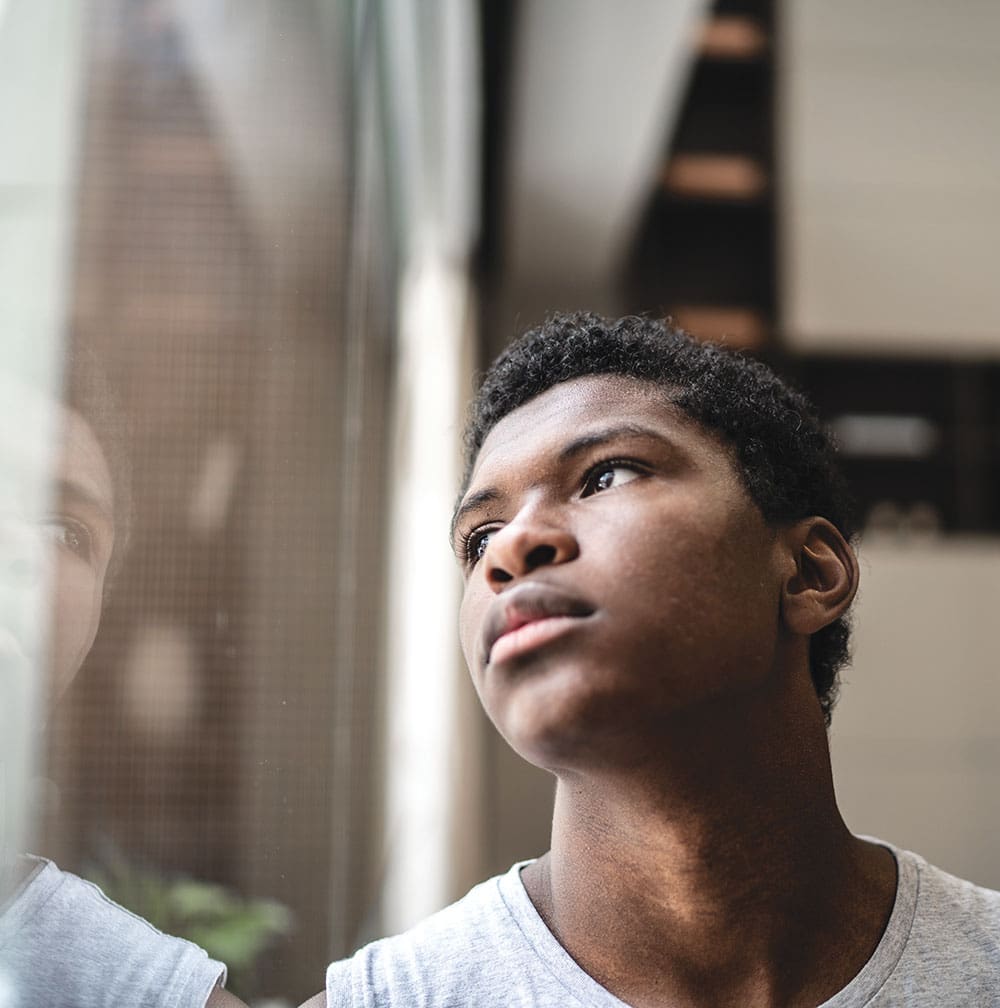New York State’s Office of Mental Health has awarded VNS Health’s behavioral health team a one-year, $775,000 grant to implement an innovative program aimed at preventing suicide among at-risk adolescents and young adults who are of color or LGBTQI+. The program, called “Safe Pathways,” has several components:
- VNS Health staff will provide direct services to New York City residents aged 10 to 24 identified as being at risk of suicide, with a particular focus on members of the LGBTQI+ and BIPOC (black, indigenous and people of color) communities.
- The staff will also refer clients for substance use treatment, psychiatric services and/or psychotherapy as needed.
- The program will train staff at partnering community organizations in how to screen for suicide risk and connect at-risk individuals with treatment services—including referring them to VNS Health.
- The program will also hold educational sessions on suicide prevention in the community.
“Our goal is to create a safety net for at-risk youth and young adults,” explains Deirdre DeLeo, Director of VNS Health’s Behavioral Health Crisis and Assessment programs. “To accomplish this, we’re building a network of families, schools, partners and community resources that will work collaboratively to create accessible, high-quality care and education around suicide risk and prevention.”

The program is now hiring clinical team members, including two licensed mental health specialists and three youth peer advocates. Since January 1, 2023, these clinicians provide treatment services at VNS Health’s Behavioral Health Clinic in the South Bronx, as well as client-facing locations in Brooklyn, Manhattan, and Queens. The program has also assembled a coalition of 11 community partners that will meet monthly to share outcomes and best practices.
“The majority of young people who are suicidal report being unable to access mental health services, so connecting these youngsters with treatment is key,” notes Alex Karydi, Director of New Product Development for the Behavioral Health team. “Linking them with social support is also essential. Research shows that LGBTQI+ and BIPOC individuals are not inherently prone to suicide risk because of their sexual orientation, gender identity, or racial/ethnic background. The reason they’re at higher risk is because of how they are mistreated and stigmatized by society.”